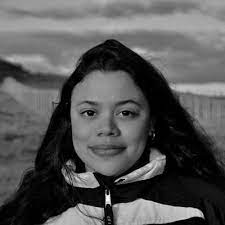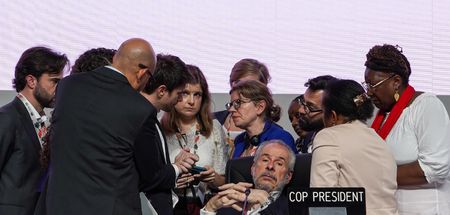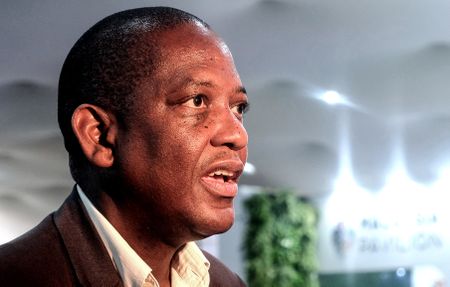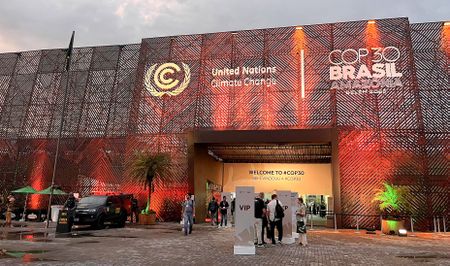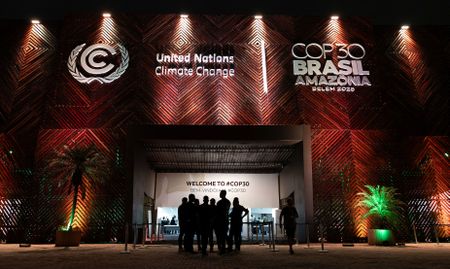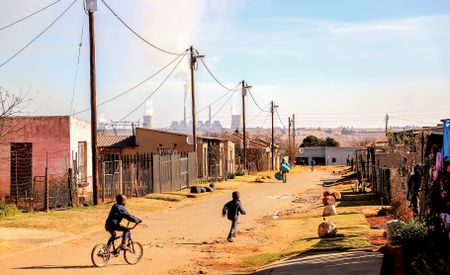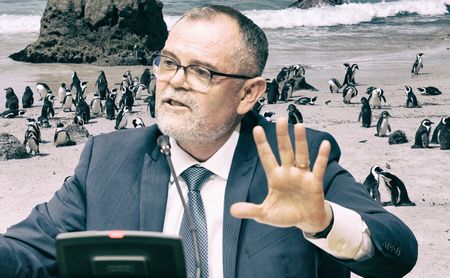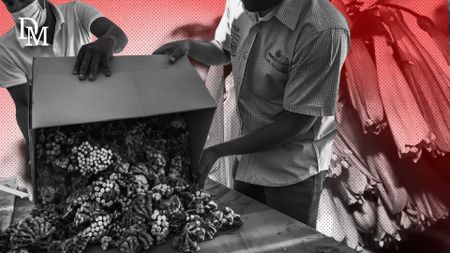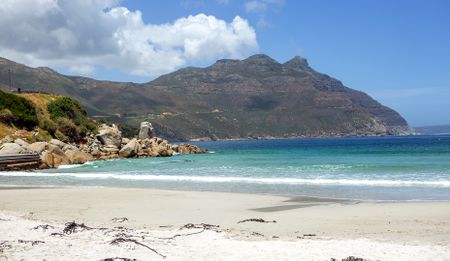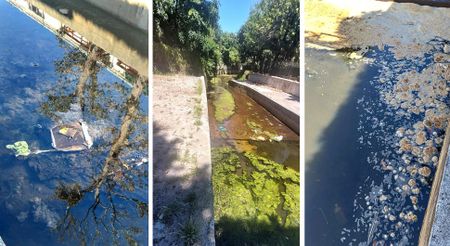Kristin Engel
What I cover
I’m an environmental and climate journalist focused on uncovering the human stories behind the climate crisis in South Africa. My beat spans biodiversity loss, climate change, pollution, energy and environmental justice, with a strong emphasis on how these intersect with social inequality and governance failures. I’m drawn to stories that reveal systemic issues through the lens of affected communities, whether it’s coastal residents battling sewage spills, Indigenous people defending ancestral land from mining and threats, or conservationists fighting to save a species on the brink. I often report from the ground, combining data and expert insights with lived experience to hold power to account and amplify overlooked voices. I’ve written extensively on disasters, from deadly floods and wildfires, to infrastructure collapse, examining how climate change and state inaction intensify the risks. I also cover frontline conservation efforts and legal battles to enforce environmental rights. Ultimately, I see journalism as a tool for justice and awareness. I’m most fulfilled when a story not only exposes a problem but also uplifts those trying to solve it. My work aims to bridge science and storytelling in a way that connects the dots for readers and empowers them to care and act.
My background
I have reported for newspapers like the Cape Argus in Cape Town. In 2024, I joined the global collaborative project, the Climate Disaster Project, coordinated by the University of Victoria in Canada and with The Guardian UK. The project was published during COP29 in the Guardian UK and in Daily Maverick. I hold a Bachelor of Journalism and Media Studies from Rhodes University and recently completed the Oxford Climate Journalism Network, a programme of the Reuters Institute for the study of journalism at the University of Oxford (Cohort 6). In 2024, I was awarded with the national Vodacom Journalist of the Year Award for Sustainability Reporting in South Africa with my colleague Victoria O’Regan for a series on the Western Cape wildfires which saw countless evacuations, tens of thousands of hectares charred and millions of rands spent on wildfire response. My work has been recognised for its depth, accountability focus and ability to humanise complex environmental issues. I’ve produced long-form features and investigations on topics ranging from South Africa’s collapsing sanitation infrastructure, to species extinction, extractivism and the climate crisis. I’ve also covered disasters on the ground, including floods and fires, and explored the scientific and social dimensions behind them. My upbringing in Cape Town, shaped by water crises, inequality and biodiversity, fuels my work. I draw on deep empathy, curiosity and a strong sense of justice to tell grounded, cross-cultural stories that matter.
Journalistic ethics
Do no harm, seek the truth and report it, hold power to account and give voice to the voiceless. Journalistic ethics aren’t just a checklist; they’re a daily commitment. In every story, I ask: Am I being fair? Am I honouring the truth? And am I helping more than I’m harming? These questions shape my reporting and remind me that our role as journalists is not only to inform, but also to act with integrity and care. For me, journalistic ethics are the backbone of responsible reporting, especially when covering issues as urgent and sensitive as climate change, inequality or environmental injustice. In a world flooded with misinformation and polarisation, trust is everything. I believe journalists have a duty to pursue truth with accuracy, fairness and humility, while being transparent about our methods and intentions. I believe deeply in accountability, informed consent and respect for the dignity of all sources, particularly those from vulnerable communities or with lived trauma.




